I found the information below very interesting food for thought. It's great information for transcultural families and extended family, but it also benefits anyone from any background to be aware of these stages. I admit that being a privileged Caucasian I haven't had to place much thought in this area most of my life. Having kids of varying races and cultural backgrounds has opened my eyes in so many ways, but I still have so much to learn. I think we all do, really. The following came from Valarie Washington, an African American who moderates a list for Culturally Fluent Families. It describes the ways in which transcultural families will need to grow to help their children develop secure identities.
The Developmental Model of Intercultural Sensitivity (DMIS): Explains how people or groups tend to think and feel about cultural difference. Since DMIS indicates what a person sees and thinks, it also suggests what they do not see or think. The six stages of DMIS, illustrated below, represent a set of perspectives with successively greater ability to understand and have a more complete experience of cultural difference.
Characteristics:
Denial. Being comfortable with the familiar. Not anxious to complicate life with "cultural differences". Not noticing much cultural difference around you. Maintaining separation from others who are different.
Defense. A strong commitment to one's own thoughts and feelings about culture and cultural difference. Some distrust of cultural behavior or ideas that differ from one's own. Aware of other cultures around you, but with a relatively incomplete understanding of them and probably fairly strong negative feelings or stereotypes about some of them.Reversal is the opposite of Defense. The person feels that some other culture is better and tends to exhibit distrust of their own culture.
Minimization. People from other cultures are pretty much like you, under the surface. Awareness that other cultures exist all around you, with some knowledge about differences in customs and celebrations. Not putting down other cultures. Treating other people as you would like to be treated.
Acceptance. Aware of your own culture(s). See your own culture as just one of many ways of experiencing the world. Understanding that people from other cultures are as complex as yourself. Their ideas, feelings, and behavior may seem unusual, but you realize that their experience is just as rich as your own. Being curious about other cultures. Seeking opportunities to learn more about them.
Adaptation. Recognizing the value of having more than one cultural perspective available to you. Able to "take the perspective" of another culture to understand or evaluate situations in either your own or another culture. Able to intentionally change your culturally based behavior to act in culturally appropriate ways outside your own culture.
Integration. To varying extents, have integrated more than one cultural perspective, mindset, and behavior into one's identity and worldview. Able to move easily among cultures.
The first three stages are considered "ethnocentric" in that one's own culture is seen as the only culture or to varying extents the "better" culture.
The last three stages are considered "ethnorelative" in that one's own culture is seen as equal among many other cultures.
The ethnorelative stages are characterized by a positive mindset about cultural difference. These stages are indicative of a person who will tend to make more inclusive decisions and actively seek to build a diverse workforce and an inclusive work environment.
A Dear Prudence Dress
8 years ago

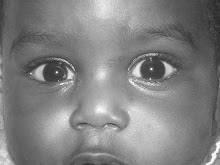


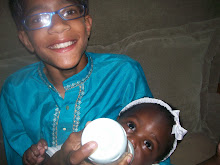

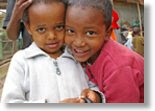
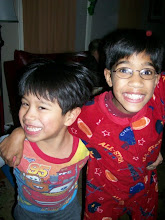
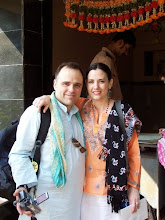
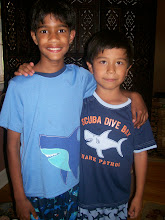








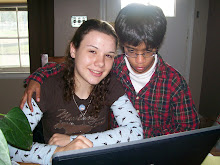
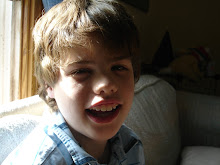


No comments:
Post a Comment